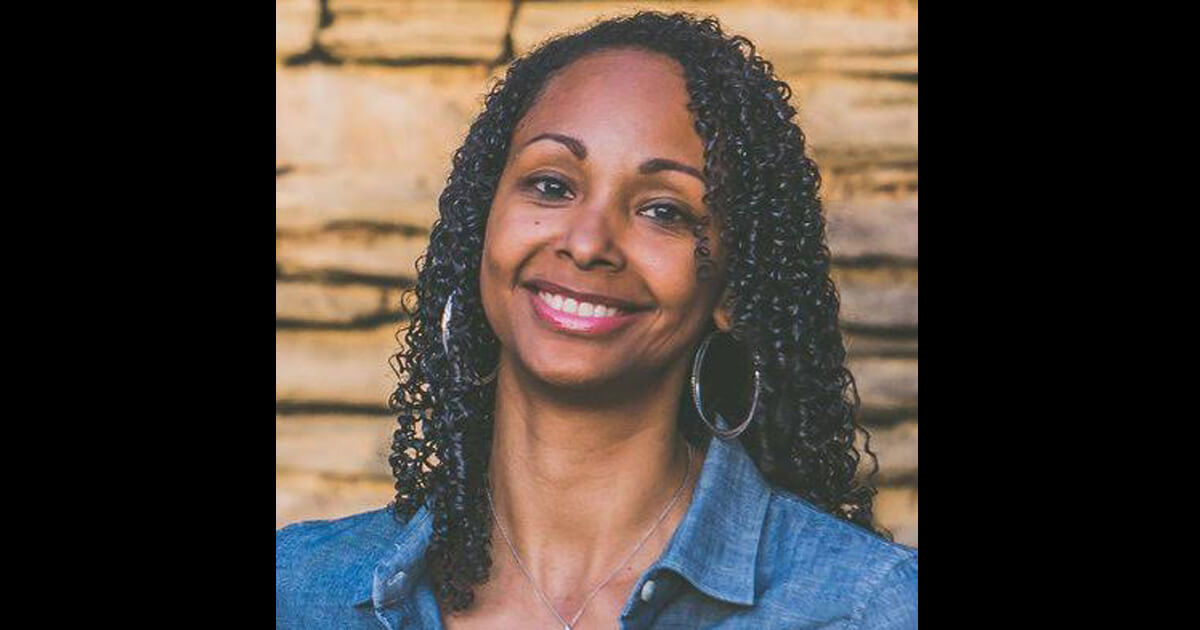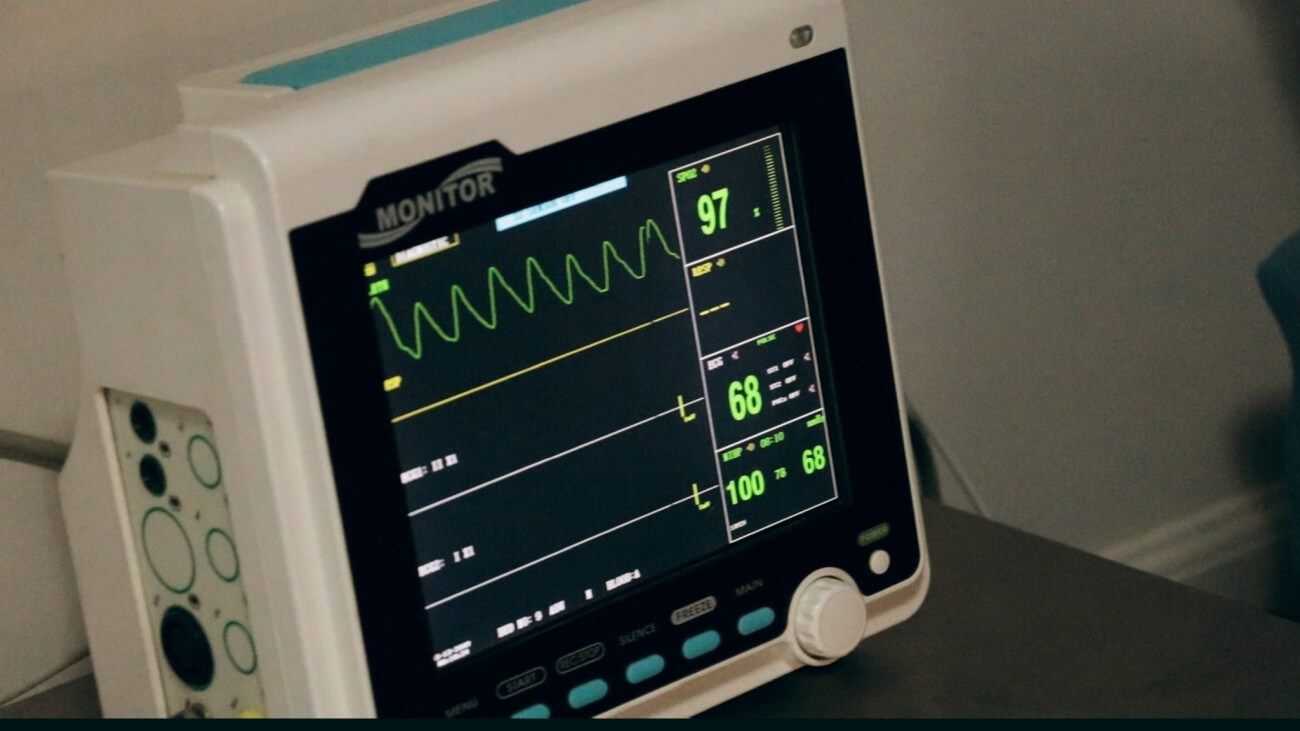As schools across the U.S. transition to partial and in some cases fully remote education, issues of privacy have arisen as schools monitor devices. The Center of Democracy and Technology (CDT), an organization working to promote democracy in enhancing technological policy and architecture, found that whether students given school-issued devices are subject to more monitoring in high poverty areas than students who own personal devices in well off districts.
“Because students in higher-poverty districts are less likely to have access to personal devices, they are subject to a higher degree of monitoring than students in wealthier districts,” DeVan Hankerson Madrigal, The Center for Democracy and Technology Research Manager, told The Plug.
The Center of Democracy and Technology, which works to promote democracy in enhancing technological policy and architecture, analyzed whether students given school-issued devices are subject to more monitoring in high poverty areas than students who own personal devices in well off districts.
Schools are analyzing and attempting to mitigate inequalities that could surface from access to tech-enabled learning. Homework gaps, students who have trouble finishing schoo lwork due to lack of internet access have particularly been an issue. According to CDT research, 86 percent of teachers said that schools gave tablets, laptops, or Chromebooks to students. This is double the rate compared to before the pandemic.
Students of color are more likely to fall behind in school because of the lack of internet access. Sixty-five percent of Black and Hispanic Americans have access to broadband at home, according to XYZ. As a result, students rely on restaurants or library wifi access for school. Many organizations have worked with Internet Service Providers IPS to increase underserved students’ internet access and some schools have provided hotspot internet or wifi-enabled buses.
Closing the homework gap may require data-intensive exercises that pose a threat to online student privacy. According to a CDT report, monitoring software that collects data from students can be shared with government institutions or private providers.
Boulder County District schools increased student’s internet access through a private partnership that included surveying families through email and phone on their internet use. In addition to qualifying for lunch throughout the district, broadband access was given to private partner’s network access. Arlington County schools also had similar activity of student monitoring on remote platforms to seek students with inadequate internet sources.
Students can also face educational challenges depending on their geographic location. Local education agencies (LEA) from wealthier school districts were more likely to report on students with personal devices in remote settings. One of the wealthiest LEA noted their students would get the school-issued device but use their personal devices instead. Low-income districts LEAs saw low overall use of personal devices.
Device-monitoring software is seen as a means to protect students from online harm. CDT found that 78 percent of teachers and 74 percent of parents think that monitoring software does help in looking for online behavioral problems such as searching for content that could harm themselves or others.
In addition to this report, CDT is also calling on policymakers to ensure student online privacy protection while directing attention to inequalities in internet access. CDT Reports have shown that LEAs are commending a provision in the Children’s Internet Protection Act (CIPA), a bill that limits children’s exposure to explicit content online.
Policymakers are introducing more legislation to end the homework gap and provide internet access to every student. The Securing Universal Communications Connectivity to Ensure Students Succeed (SUCCESS) Act strengthens the Emergency Connectivity Fund Senators worked for under the American Rescue Plan, which will provide $8 billion in funding to U.S. schools every year over the next five years.
The reports from CDT indicate that impoverished students with school-issued devices are more prone to being monitored. School facilities and organizations are holding government officials accountable for the protection of students online.








